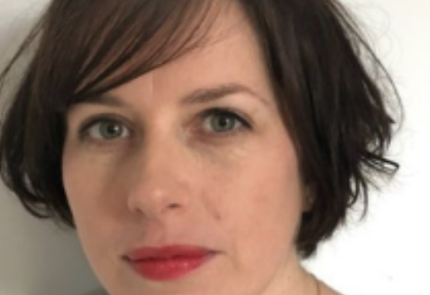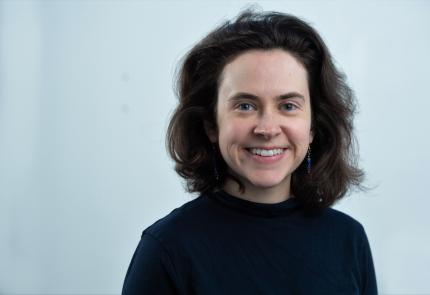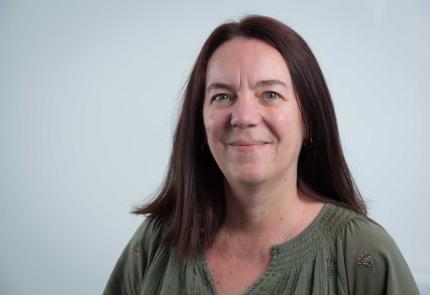The first piece of research that I undertook as a medical student was the evaluation of a health visiting intervention among families with pre-school children. I found, to my surprise, that I really enjoyed playing with data, designing analysis plans to answer research questions, and above all, of course, the thrill of the statistically significant findings! It was only several years later, after the findings had been published, that I learned that my findings had been used to influence health visiting policy in Scotland… and I had thought statistical significance was thrilling! It dawned on me that a future career as a clinical academic really could make a difference at individual patient and population levels.


